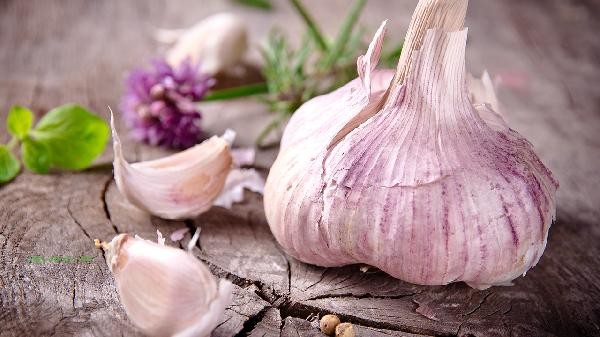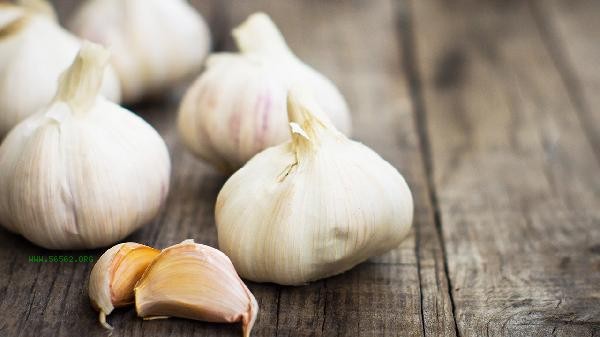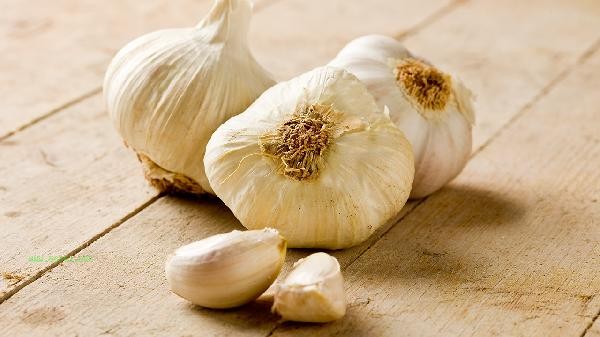Eating garlic to relieve stomach discomfort may be related to its antibacterial and anti-inflammatory effects, promotion of digestion, and ability to warm and dispel cold, but it needs to be judged based on specific causes. Garlic contains active ingredients such as allicin, which may have a certain improvement effect on gastrointestinal disorders, mild bacterial infections, and other conditions.

1. Antibacterial and anti-inflammatory effects
Allicin in garlic has broad-spectrum antibacterial properties and has inhibitory effects on common intestinal pathogens such as Salmonella and Escherichia coli. When discomfort in the stomach is caused by mild bacterial infection, moderate consumption of raw garlic may help alleviate symptoms such as diarrhea and bloating. However, severe bacterial enteritis still requires timely medical attention and cannot rely on garlic treatment.
2. Promote gastrointestinal peristalsis
Garlic can stimulate gastric juice secretion and enhance gastrointestinal smooth muscle contraction. For digestive disorders caused by dietary stagnation, a small amount of garlic can accelerate gastric emptying and improve discomfort such as postprandial bloating and belching. Patients with gastrointestinal ulcers should avoid eating raw garlic to prevent irritation of the mucosa and worsening pain.
III. Warming and dispersing cold effects
Traditional Chinese medicine believes that garlic has a warm and pungent nature, which can warm and promote the yang qi of the spleen and stomach. Cold and painful epigastric pain, bowel sounds, and diarrhea caused by exposure to cold or raw food can be relieved by chewing 2-3 slices of sweet and sour garlic soaked in garlic. But for those with yin deficiency and excessive fire, consuming it may cause symptoms such as dry mouth and tongue.

4. Regulating gut microbiota
Garlic, as a prebiotic, can promote the proliferation of beneficial bacteria such as bifidobacteria and inhibit the growth of spoilage bacteria. For functional bloating caused by gut microbiota imbalance, continuous and moderate consumption of fermented black garlic may help restore microecological balance. During the acute gastroenteritis attack, consumption should be temporarily suspended.
V. Relieve Spasmodic Pain
Sulfides in garlic have antispasmodic effects and can relax intestinal smooth muscles. When patients with irritable bowel syndrome experience paroxysmal abdominal pain, applying garlic paste to the navel combined with abdominal massage may alleviate symptoms. But allergic enteritis and severe abdominal pain need to rule out acute abdomen.

If mild gastrointestinal discomfort occurs in daily life, 1-2 cloves of raw garlic can be crushed and taken with warm water, or sweet and sour garlic or black garlic can be taken in the same temperature and form. If accompanied by symptoms such as fever, bloody stools, and persistent vomiting, seek medical attention promptly. For those with weak spleen and stomach, it is recommended to cook garlic and avoid eating in large quantities on an empty stomach. Maintain a light diet, drink tangerine peel and ginger water appropriately to assist in regulation, and avoid spicy and greasy foods that increase gastrointestinal burden.









Comments (0)
Leave a Comment
No comments yet
Be the first to share your thoughts!